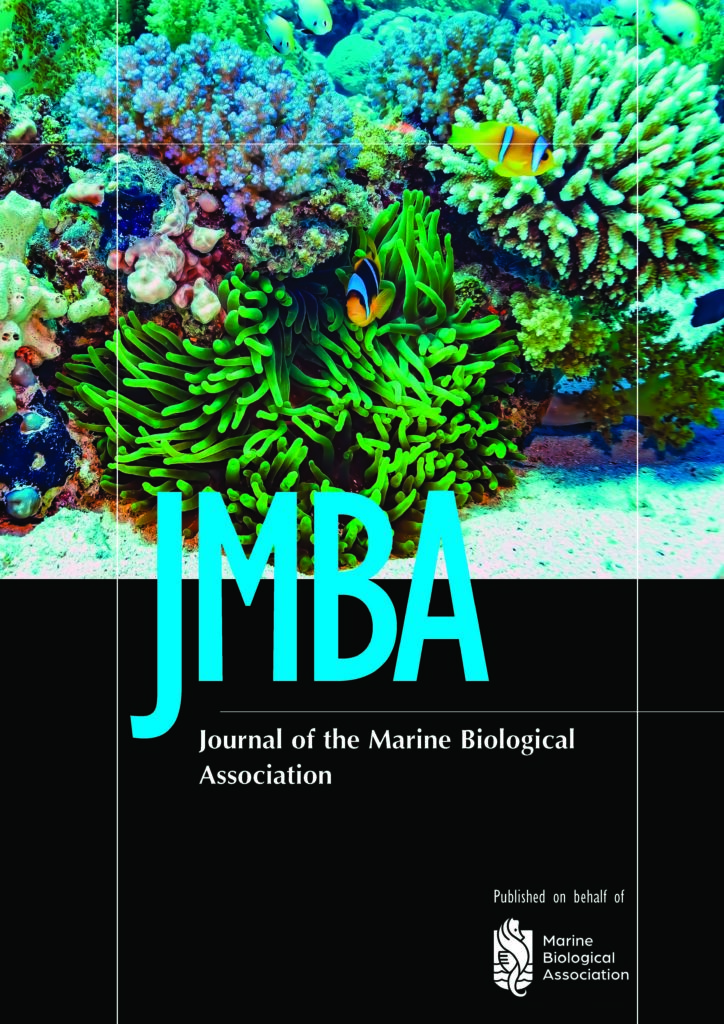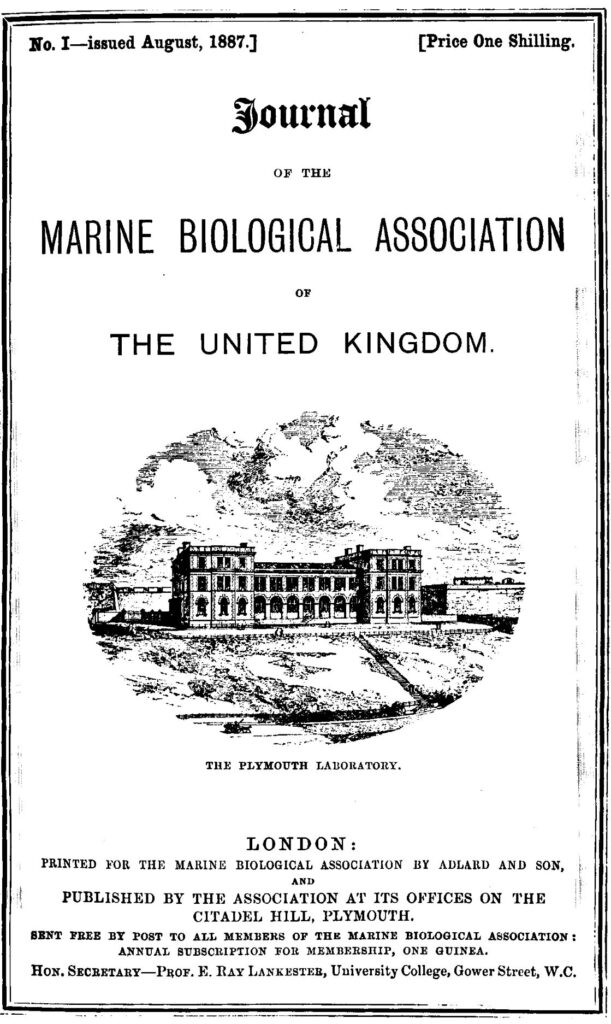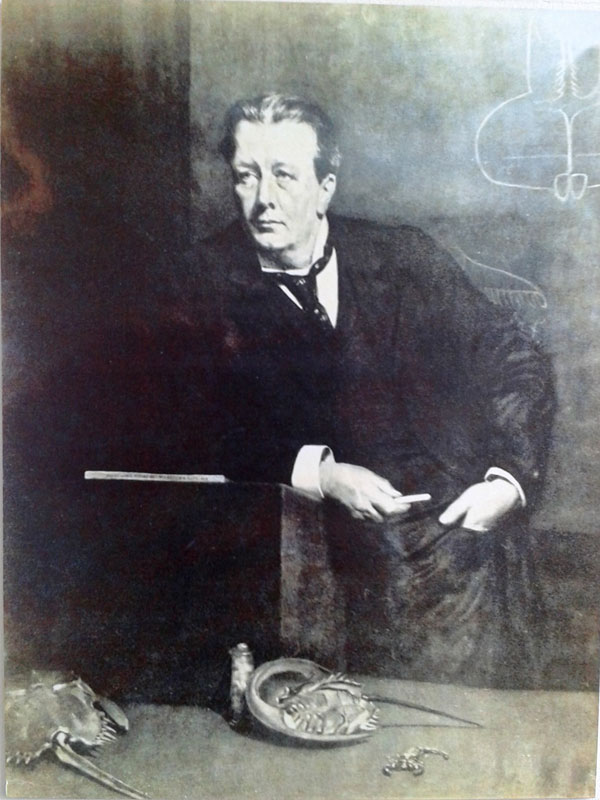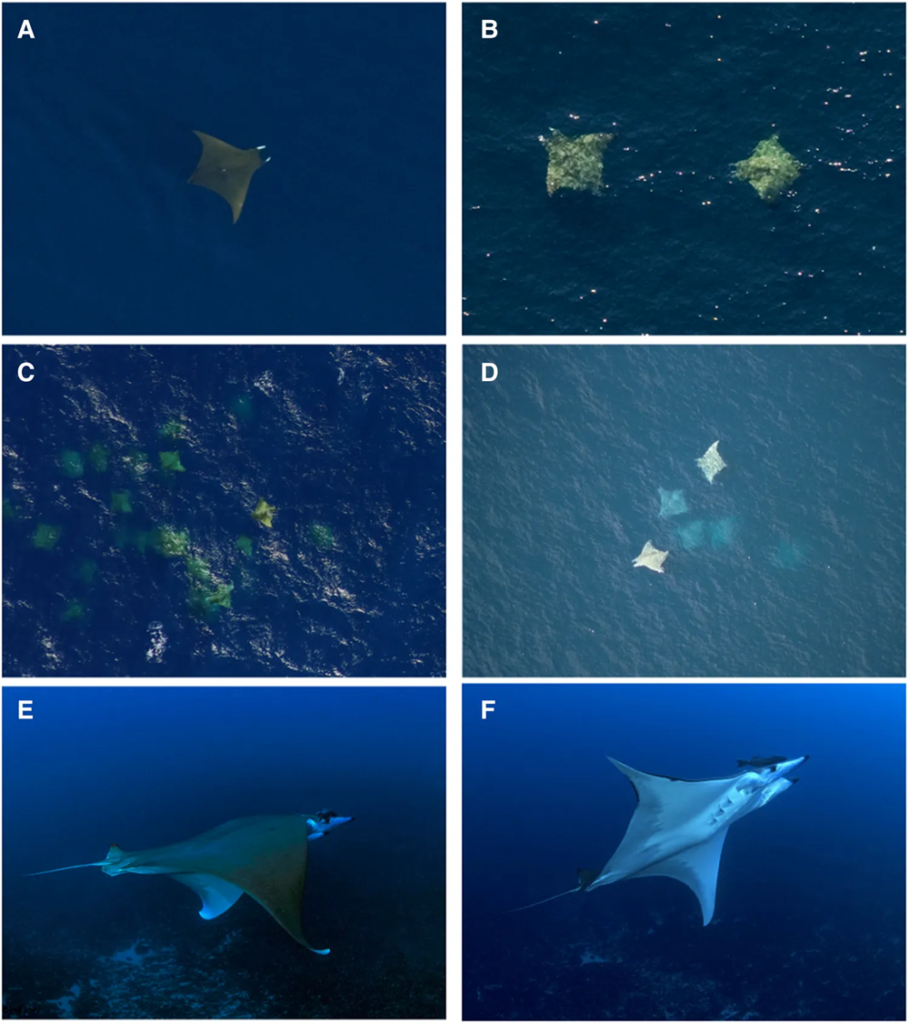
The Journal of the Marine Biological Association of the United Kingdom (JMBA) has a rich history dating back to its establishment in 1887.
For over a century, JMBA has been at the forefront of marine biology research, publishing groundbreaking studies and discoveries that have contributed significantly to the field.
With a focus on the marine environment and its diverse ecosystems, JMBA continues to be a leading source of scientific knowledge and expertise for researchers and professionals in the marine biology community.
The journal’s editorial board consists of esteemed experts and scholars who ensure the quality and integrity of the published work. Authors from around the world submit their research to JMBA, knowing that their findings will reach a global audience of peers and professionals.
What is the JMBA?
The Journal of the Marine Biological Association UK (JMBA) published by Cambridge University Press is an international journal, publishing original research and reviews on all aspects of marine biology, to support the aims of the MBA.
The JMBA covers a range of marine research topics, including:
- Marine ecology, behaviour and fisheries
- Biodiversity and population studies of marine ecosystems, especially potential impacts of global warming, ocean acidification and climate change on ecosystem resilience
- Physiology, biochemistry, genetics and molecular biology of marine organisms, including microbiology, particularly related to the integrative ecophysiology of marine organisms
- Taxonomic syntheses, including molecular phylogenies
- Morphology, life history and developmental biology of marine organisms, especially model systems
- Chemical and physical oceanography, as directly relevant to marine biology
- Marine environmental health, and in particular its relationship to human health and well-being.
Origins of the journal

The first issue of the JMBA in 1887 was edited by E. Ray Lankester, the Honorary Secretary of the MBA, who became President in 1890. It contained a list of governors, founders and members of the MBA, an account of the formation of the Association and a detailed description of the building, including floor plans.

In addition there was an account of the local fishing industry and fishing grounds, with a ‘fishing map’ of Plymouth Sound. The journal provided a report of the opening ceremony of the building, substantial lists of the marine flora and fauna of Plymouth Sound, an account of some local fishes and their eggs, reports of the recent work of existing marine biological organisations in Scotland and Liverpool, and a catalogue of the early MBA Library.
The first Director of the MBA Laboratory, G. C. Bourne, took over the editing of the JMBA in 1888. He set out what today we would call the journal’s mission statement, writing that the Journal was intended ‘to supply scientific information in an easily comprehensible form to those who are interested in marine fisheries as well as accounts of animal or vegetable morphology’ and will contain ‘abstracts of the scientific work done by the naturalists hiring tables in the Laboratory, notes and correspondence from other fishery and marine stations and abstracts of the most important results obtained by the fisheries commissioners of various Governments.
The JMBA was, until the late 1960’s, a ‘house journal’ for the MBA, publishing mainly papers from scientists working full-time or as visitors at the Laboratory. The JMBA has now become international in authorship. JMBA papers have influenced many fields of marine research, for example the introduction of new sampling methods, descriptions of the marine ecosystem, culture of marine organisms, records of anthropogenic and environmental change, overfishing, and pollution studies, particularly on the effects of oil spills and on the toxic effect of tributyl-tin in anti-fouling paints and of heavy metals.
One of the most highly cited early papers has been J.H.Orton’s 1920 ‘Sea-temperature, breeding and distribution of marine animals’, still relevant in the present time of awareness of climate warming.
Special Issues were introduced in 2005, to promote the JMBA and act as a focus for current research on topics of special interest to marine biologists, the first being Gelatinous Zooplankton (85.3). Cambridge University Press undertook the publication and printing of the Journal in 1937, and still do so today.
The next special issue will focus on marine heatwaves and is open to submissions. For more information please contact Cambridge University Press.
Highest impact papers from 2023

Research on the range extension of the sicklefin devil ray in the western North Atlantic Ocean off the eastern USA was the most cited JMBA with an Altmetric score of 252. This study provided important spatial and temporal data for management, as well as informing areas for future research on the sicklefin devil ray in the western Atlantic.
Photographic evidence from a recreational angler of the northernmost record of the bull shark Carcharhinus leucas in the western Pacific Ocean with an Altmetric score of 159. The ‘accidental crowdsourcing approach observed in the paper is an example of the potential for scientists to work collaboratively with the general public, thereby filling gaps in shark distribution.
As the new Editor of the JMBA, Chris Hauton has a strategic vision for the journal to support the continued publication of internationally reviewed and respected articles on all topics relevant to marine biology. With timely and high quality peer review we plan to grow both the number and quality of submitted manuscripts but also grow the number of readers of the journal, as well as the reputation of the journal within the academic community.
MBA Membership and discounts

Our upper Professional categories and Student Members enjoy the Journal and historical archive free as part of their membership subscription. All Members are additionally entitled to 20% discount on the Article Processing Charge for gold Open Access articles. To find out more and to join today, please visit www.mba.ac.uk/membership.